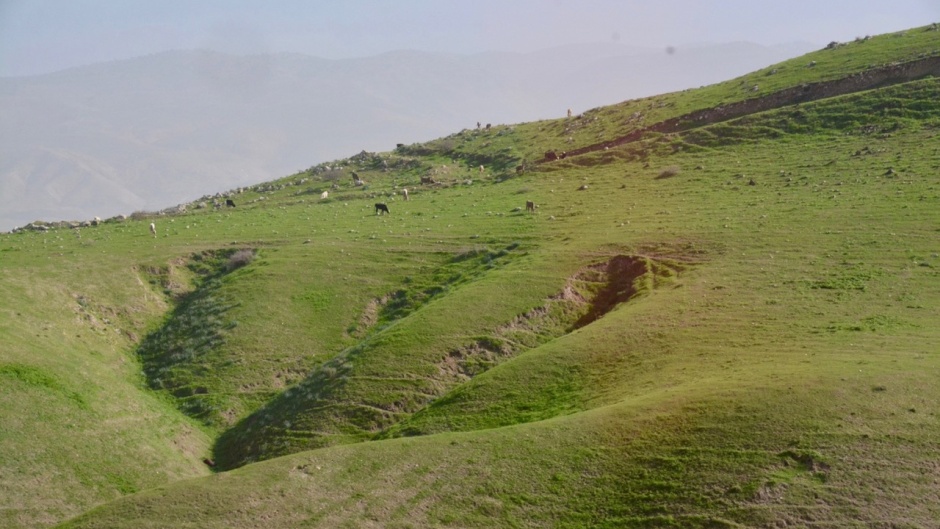Sheep of his pasture
The land by the sea will become pastures having wells for shepherds and pens for flocks. Zeph. 2:6
12 SEPTEMBER 2021 · 11:00 CET

And it came to pass at the end of two full years, that Pharaoh dreamed: and, behold, he stood by the river. And, behold, there came up out of the river seven well favoured kine and fat fleshed; and they fed in a meadow.
(Genesis. 41:1-2)
The land by the sea will become pastures having wells for shepherds and pens for flocks.
(Zephaniah 2:6)
The Hebrew word ba-a-khu, translated in the King James version in Genesis 41:2-8 as “in the meadow” actually refers to “marshland” or “wetland”, as is clear from the context, in a location close to the Nile.
By contrast, the term “meadow”, newot in Hebrew, refers to pastureland, grassland, grass-covered steppes for livestock to graze on (Judges 20:33; Isaiah 19:7; Joel 1:20; Zephaniah 2:6).
Charles Spurgeon, commenting on the phrase “I will counsel you with my eye upon you” wrote the following:
“I will guide thee with mine eye. As servants take their cue from the master's eye, and a nod or a wink is all that they require, so should we obey the slightest hints of our Master, not needing thunderbolts to startle our incorrigible sluggishness, but being controlled by whispers and love touches. The Lord is the great overseer, whose eye in providence overlooks everything. It is well for us to be the sheep of his pasture, following the guidance of his wisdom. [1]
Note
[1] Spurgeon, C. H The Treasury of David.
Published in: Evangelical Focus - Zoe - Sheep of his pasture
